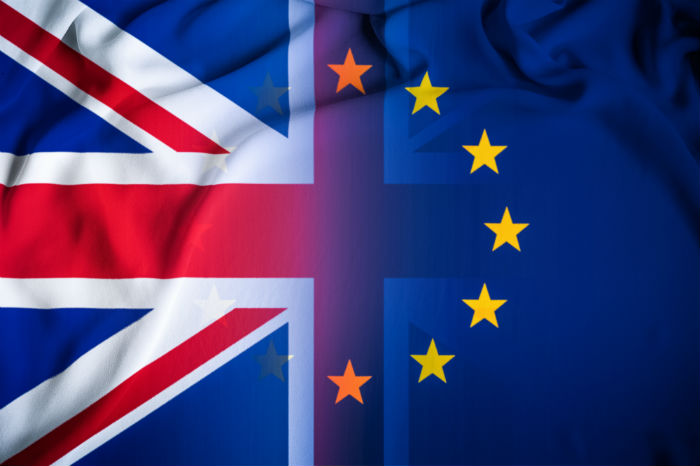As the European Medicines Agency closed its doors in London on 25 January, Brexit preparations in the UK continued apace. Here is a summary of some of the recent developments.
On 26 November 2018 (letter publicly published on 31 December 2018) the MHRA wrote to the pharmaceutical industry addressing the conversion of Centrally Authorised Products (CAPs) to UK Marketing Authorisations (MAs), the grandfathering process and the opt out provision.
CAP MAs will automatically convert into UK MAs on 29 March 2019. However, Marketing Authorisation Holders (MAHs) can opt-out of the process if they wish by notifying the MHRA in writing by 22 April 2019. If a MAH opts out, after 22 April 2019 the product in question will no longer be licensed for use in the UK. The letter and attached detailed guidance deal with the mechanics of the process, including the issue of Product Licence numbers, as well as post-conversion requirements and obligations. The MHRA requests that companies advise the MHRA by the end of January if they are planning to opt out, “to help with our contingency planning”.
On 2 January 2019 the MHRA followed up its previous letter with a further letter to the industry. This was sent out with a list of Product Licence numbers which it has assigned to CAPs. MAHs are requested to take the following actions (reproduced here from the letter):
- Check the list of currently authorised CAPs and advise the MHRA as soon as possible of any errors or omissions.
- Review the list of assigned UK MA numbers and contact the MHRA as soon as possible if there is any query in relation to the number of different UK MA numbers allocated.
- Advise the MHRA of any CAPs not to be converted into UK MAs.
- Advise the MHRA of the UK marketing status of each of the products i.e. marketed or not marketed.
- Advise the MHRA of any products or presentations that have been withdrawn or cancelled.
- Advise the MHRA if the MAH company number assigned to the list of products is incorrect.
- If possible advise the MHRA of a single point of contact for all products. In the case of a company group, a contact for each MAH affiliate within the group is needed.
In addition, a very short MHRA policy paper was published on 18 January. This confirms that around three-quarters of the medicines and over half the devices that the NHS uses come into the UK via the EU. The note explained that the MHRA is, “confident that if everyone does what they should do, the supply of medicines and other medical supplies will be uninterrupted” in the event of a no-deal Brexit, but declines to give any detail. We have previously written about the various notices which have been issued asking pharmaceutical companies to review their supply chains and stockpile medicines.
The MHRA wording is virtually identical to the wording the Health Minister Matt Hancock repeatedly used when questioned at a Parliamentary evidence session back in October 2018: “I am confident that if everybody does what they need to do we will have the unhindered flow of medicines and supply of medical devices… I am confident that, so long as everybody does what they need to do, we will have that unhindered supply of medicines… We are confident that if everybody does what they need to do we will have the unhindered supply”.
The transcript of that session, which we thought made interesting reading, can be found here.
It is also worth noting that Sir Chris Wormald, Permanent Secretary at the Department of Health and Social Care, has been busy. Back in October, Sir Chris declined to confirm his confidence quite so categorically as Mr Hancock at the Parliamentary evidence session mentioned above. Sir Chris issued a letter to the NHS on 21 December 2018 providing details of the Operational Response Centre which has been set up to respond to any disruption to the delivery of health and care services in England caused by Brexit, as well as to liaise closely with devolved administrations across the UK. Further detailed guidance, including summaries of action taken so far, was published on the same date.
Last but certainly not least, the government is pushing through legislation to allow for a “Serious Shortage Protocol” in the wake of Brexit, following its December consultation on the topic. The legislation (which can be read in full here for anyone interested) will come into force on 9 February 2019 and will allow pharmacists to dispense medicines against the Protocol, as issued by government ministers, rather than against a prescription issued by a medical professional. Needless to say, a wide variety of views including some serious concerns have been expressed by healthcare providers about this. On 17 January 2019 the Chief Pharmaceutical Officer wrote to the pharmacy profession urging pharmacists not to stockpile.
With just two months left before Brexit day (assuming time is not extended), there is a lot taking place at government level. Our Life Sciences and Brexit teams continue to monitor events closely and advise on developments.

 Charlotte Tillett
Charlotte Tillett